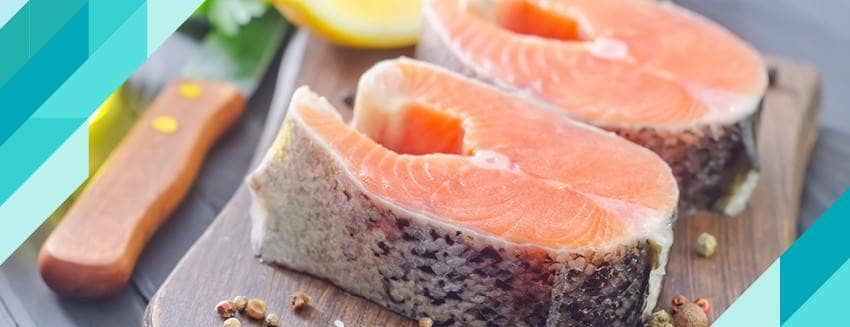
While the number of new cases in our country is increasing day by day, the proper nutrition of Covid-19 patients in quarantine and the quality of the food they consume are of great importance.
Stating that sleep disorders may occur with stress during the quarantine process, experts recommend consuming foods such as root vegetables, dark green leafy vegetables, almonds, bananas, cherries and oats to prevent this problem. Fish and Omega 3 are among the recommendations shared by experts against depression in quarantine.
Üsküdar University NPISTANBUL Hospital Nutrition and Diet Specialist Özden Örkçü made evaluations regarding the diet of patients who tested positive for Covid-19 and lived in quarantine.
Beware of sleep disturbance in quarantine!
Pointing out that sleep disorders may occur with stress in quarantine, Nutrition and Diet Specialist Özden Örkçü said, "It is important to consume foods that promote serotonin and melatonin synthesis at dinner. Root vegetables, dark green leafy vegetables, fruits, including foods such as almonds, bananas, cherries and oats contain melatonin and serotonin."
Which supplements are important in quarantine?
Özden Örkçü mentioned the nutrients that will benefit from taking during the quarantine period as follows:
Vitamin D: Vitamin D , which increases the synthesis of regulatory T cells that have an important effect on the immune system, also has a protective effect against respiratory infections.
Vitamin C: Vitamin C, which supports immune function and is known to play a protective role in the development and repair of tissues, also limits the transformation of upper respiratory tract infections into lower respiratory tract infections.
Vitamin A: Vitamin A is known as the anti-inflammation vitamin due to its ability to prevent the inflammatory reaction.
Echinacea: It has been shown in clinical studies to significantly reduce recurrent respiratory infections. Echinacea has an effect that reduces complications such as pneumonia, tonsillitis and otitis media following respiratory infections. There are also scientific studies showing that echinacea has anti-viral effects against enveloped viruses such as influenza viruses, herpes simplex viruses and coronaviruses. Clinical studies have shown that echinacea extracts are dose-dependent protective against the earlier SARS-CoV and MERS-CoV viruses. Inhalation of high doses of echinacea extract may also provide effective protection.
Zinc: Zinc deficiency increases the risk of pneumonia, while high zinc levels reduce the risk. Against pneumonia caused by Covid-19 in the lungs, zinc was observed to be a potential protective micro-component, with a dose of 75mg/day shortening the duration of pneumonia. Fava beans are very rich in zinc content. The lectin protein found in green lentils and similar legumes, an important source of zinc, was also found to be able to inhibit the SARS-CoV virus. The foods richest in zinc are poultry, red meat, nuts, pumpkin seeds, sesame seeds, beans and lentils.
Probiotics: In terms of positively affecting the immune system, the use of probiotics gains importance during the pandemic period.
Adequate nutrition is important
Reminding that there is currently no vaccine, medicine, food or nutritional supplement to stop the disease, Özden Örkçü said, "Social isolation, compliance with hygiene rules, adequate and balanced nutrition are of great importance during the pandemic. In people diagnosed with the disease and hospitalized, the need for energy, protein and micronutrients increases due to high fever or respiratory distress. Evaluating the nutritional status of patients upon hospitalization and feeding them according to their needs positively affects the course of the disease."
Serotonin-containing foods should be consumed
Stating that sleep and appetite control are among the tasks of serotonin, Örkçü said, "Serotonin is found in foods such as turkey meat, fish, milk and products, walnuts, eggs, bananas, pineapple, plums, hazelnuts, dried fruits, spinach, chickpeas, oysters and squid. Increased serotonin levels are associated with good mood. We can say that the risk of depression is higher in individuals with low fish consumption and Omega-3 fatty acid intake, so fish and Omega-3 consumption is important.

